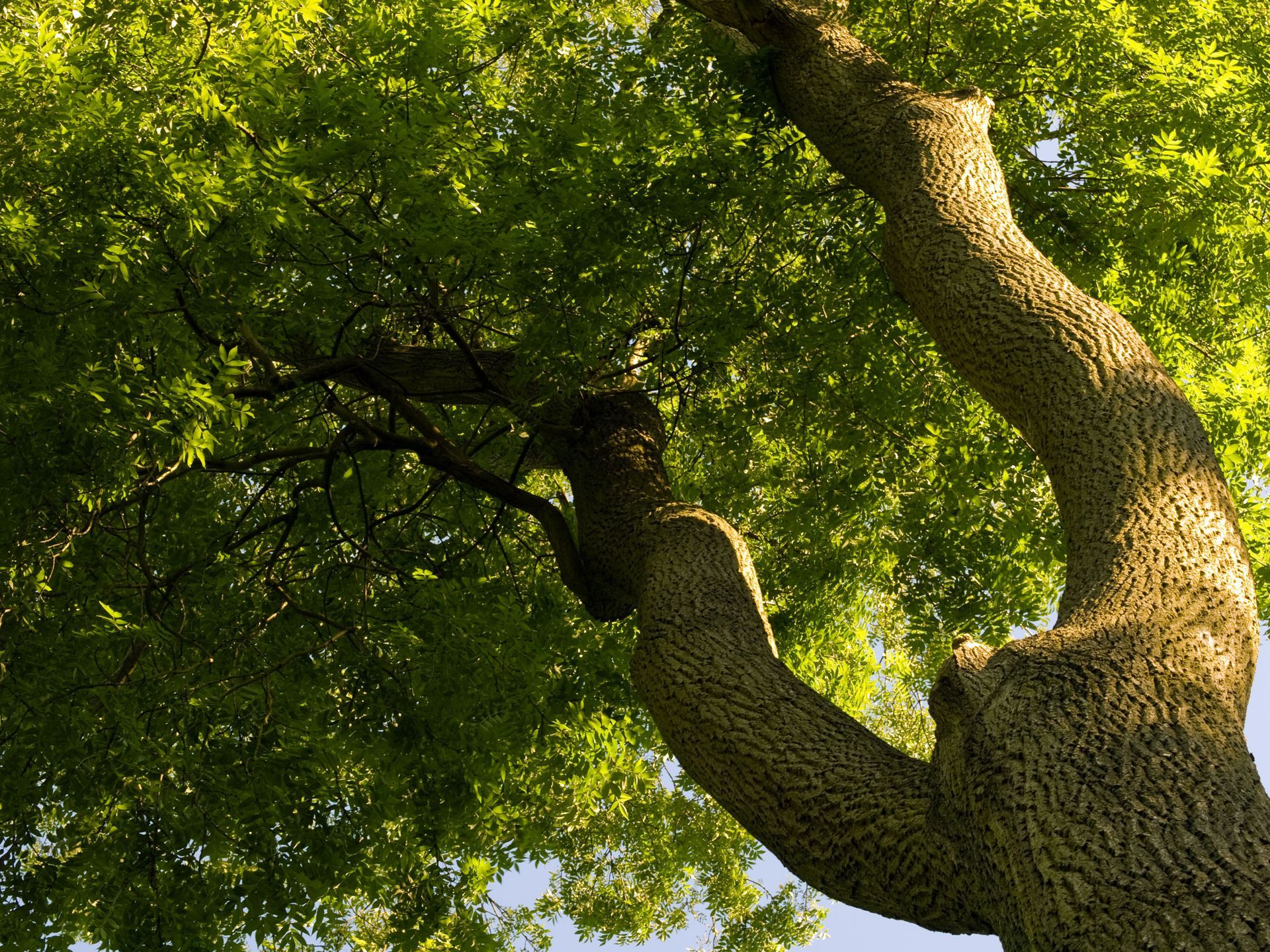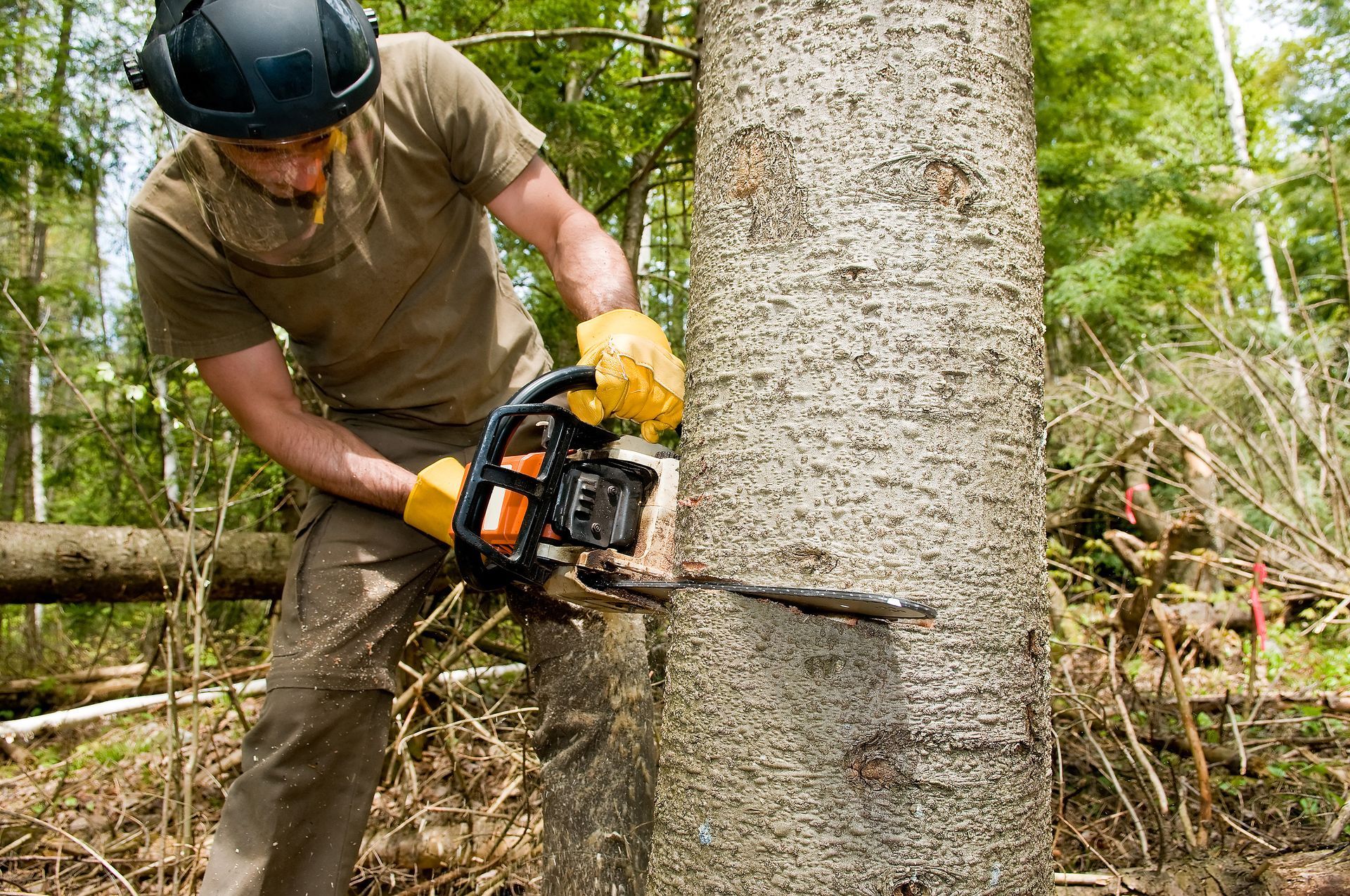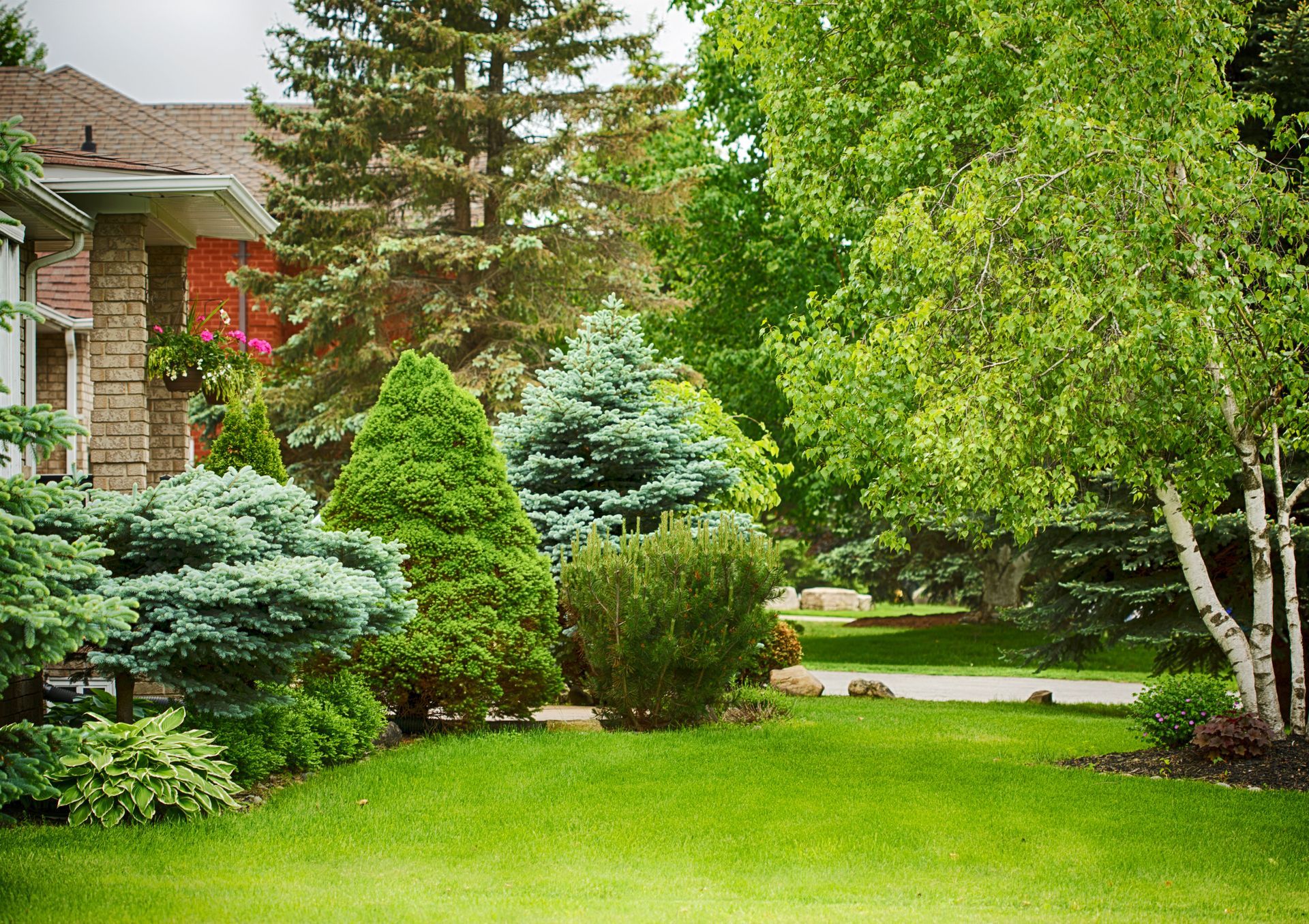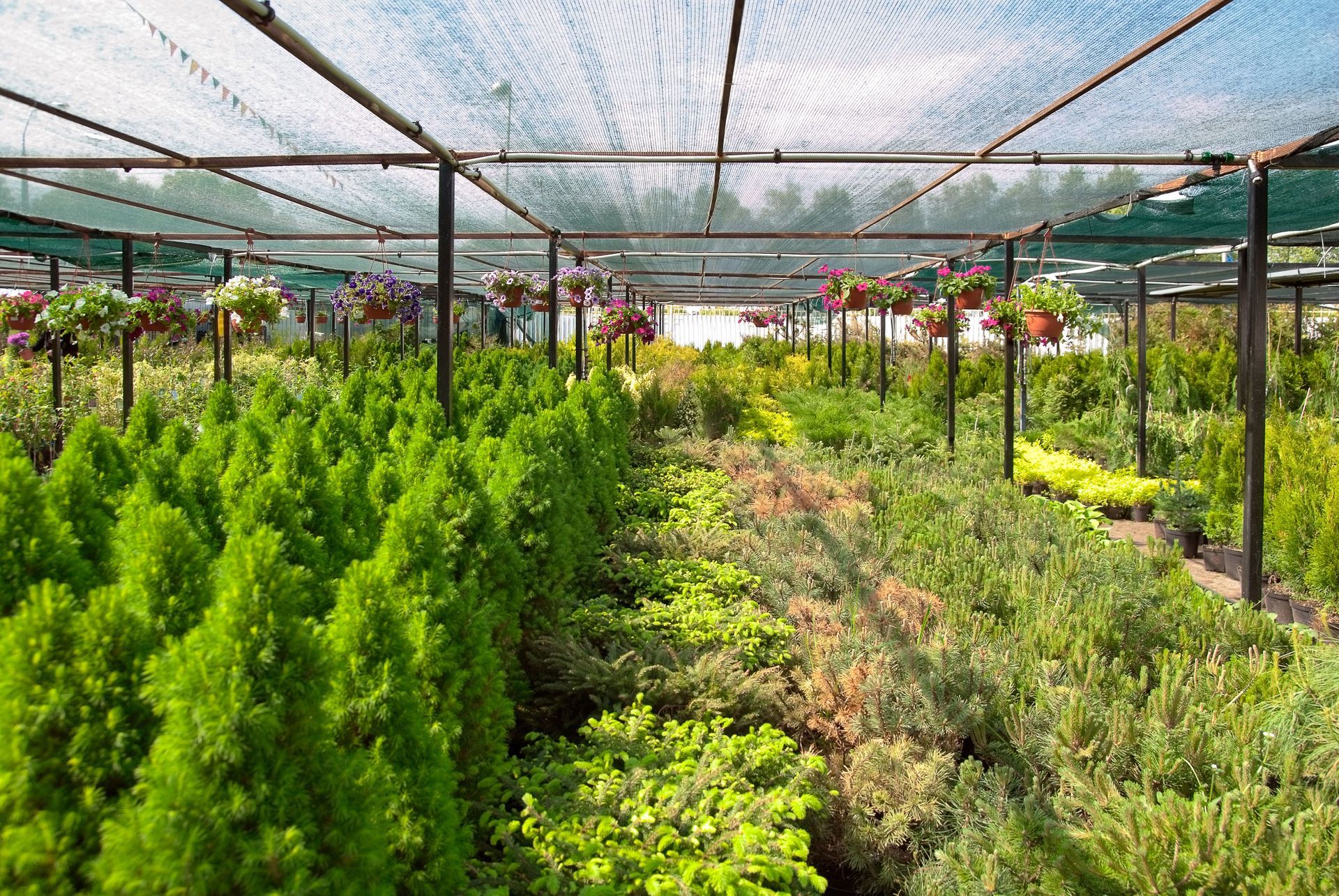The Economic Benefits of Trees
Trees are often celebrated for their environmental importance, but their economic contributions are equally significant. From enhancing property values to supporting local businesses, the financial impact of trees extends well beyond their aesthetic appeal. As urban areas continue to expand and communities seek sustainable growth, understanding the economic advantages of trees becomes essential. This article explores major ways trees contribute to economic prosperity while improving quality of life, offering insights for homeowners, businesses, and municipalities alike.
Increasing Property Values
One of the most immediate economic benefits of trees is their ability to enhance property values. Homes surrounded by mature, healthy trees often sell at higher prices compared to properties lacking greenery. This is not just about beauty; trees signal a well-cared-for neighborhood and improve the overall ambiance, making areas more attractive to buyers. Streets lined with trees and landscaped yards create a sense of tranquility and comfort, which potential homeowners value.
For commercial properties, the presence of trees can also influence customer perception and business performance. Tree-lined streets and green spaces around shops, offices, and restaurants create inviting environments, encouraging longer visits and repeat business. A pleasant exterior signals attention to detail and care, traits that customers often associate with quality service. In both residential and commercial contexts, investing in landscaping with local trees for sale can be a financially smart decision, as it improves property appeal and boosts long-term value.
Neighborhood desirability is another factor. Communities rich in trees often see lower crime rates and stronger social cohesion. Residents feel more connected to their environment, fostering stable and attractive neighborhoods. These factors combined contribute to higher property values, as buyers are drawn not only to individual homes but also to the overall quality of life a green neighborhood offers.
Supporting Local Businesses
Trees do more than beautify—they also help stimulate local economies. Businesses in green environments tend to see increased foot traffic, as tree-lined streets and shaded areas create a welcoming atmosphere for customers. Aesthetic landscaping can encourage shoppers to spend more time in commercial districts, indirectly boosting sales and local revenues. Retailers, cafes, and service providers benefit directly when green spaces make their surroundings more appealing.
Tree planting can also create opportunities for local entrepreneurs. Landscapers, garden centers, and tree nurseries rely on the demand for greenery, supporting employment and local commerce. According to IBISWorld, there are approximately 18,000 nursery and garden stores in the United States, reflecting the substantial economic activity generated by these businesses. By purchasing local trees for sale, homeowners and business owners support these sectors, helping maintain jobs and fostering economic growth within their communities.
Generating Employment Opportunities
The tree industry itself is a significant source of employment, providing jobs in areas such as arboriculture, landscaping, nursery management, urban forestry, and environmental planning. Beyond direct employment, the presence of trees stimulates demand in related sectors, including equipment supply, horticultural services, and sustainable construction. These industries benefit communities by creating stable, diversified employment opportunities.
Careers associated with trees are not limited to manual labor. They include planning, research, and management positions, offering pathways for professional growth and skill development. Urban forestry programs, landscape architecture, and environmental consulting are examples of professions that rely heavily on trees and green spaces. For rural areas, forestry and nursery operations often serve as crucial economic drivers, supporting families and sustaining local economies.
By purchasing local trees for sale, individuals contribute to these employment opportunities, helping maintain healthy business ecosystems that support long-term economic stability. Communities that invest in tree planting programs often see ripple effects, as increased demand for maintenance, care, and replacement trees generates ongoing employment and training opportunities.
Reducing Energy Costs
Trees provide natural insulation, offering shade during hot months and acting as windbreaks in colder seasons. These functions reduce the need for energy-intensive cooling and heating, resulting in significant cost savings for both residential and commercial properties. These energy savings have both individual and broader economic implications. Lower energy bills allow households to allocate resources elsewhere, while businesses can reduce operational costs. On a community scale, decreased energy demand helps reduce strain on local power grids, potentially lowering infrastructure costs and supporting environmental sustainability. Integrating local trees for sale into urban and suburban landscapes is a practical approach to maximizing these energy benefits. Selecting the right species and placement can optimize shading, airflow, and insulation, making tree planting a cost-effective long-term investment.
Boosting Tourism and Recreation
Green spaces and tree-rich environments attract visitors, supporting tourism and local recreation-based economies. Parks, arboretums, botanical gardens, and scenic streets offer spaces for leisure, exercise, and cultural events. Tourists are drawn to areas with abundant greenery, providing a boost to restaurants, shops, hotels, and other service industries. Communities that prioritize tree planting and urban forestry not only enhance aesthetic appeal but also create spaces that encourage longer stays and higher spending by visitors. The presence of well-maintained green spaces often correlates with increased tourism revenue, as these areas become central attractions for both residents and travelers. Purchasing local trees for sale for public parks, streetscapes, or private properties contributes to the expansion of green spaces, supporting tourism and recreation industries while fostering healthier, more vibrant communities. Over time, these investments create a virtuous cycle, attracting more visitors, businesses, and residents.
Supporting Sustainable Industries
Trees provide essential raw materials for a variety of industries, including timber, paper, and bioenergy. The sustainable management of these resources ensures that they continue to contribute to economic growth while minimizing environmental impact. Practices such as selective logging, reforestation, and urban forestry integration balance resource use with ecological responsibility.
Beyond timber and paper, trees play a role in renewable energy production. Biomass from trees is increasingly used to generate heat, electricity, and biofuels, reducing dependence on fossil fuels. Communities and businesses that invest in sustainable tree management help support these industries while promoting environmental responsibility. In addition to industrial uses, trees support agricultural practices such as agroforestry, where they enhance soil fertility, support biodiversity, and increase crop resilience. Purchasing local trees for sale can help farmers and communities incorporate these practices, creating additional income streams while strengthening local economies.
Enhancing Climate Resilience
Trees act as natural buffers against extreme weather and environmental challenges. Their roots stabilize soil, reducing erosion and flood risks, while their canopies mitigate urban heat islands. These functions help protect infrastructure, preserve property, and prevent costly damages caused by storms, floods, and other climate-related events.
Incorporating trees into urban design also enhances community resilience. Shaded streets, green corridors, and well-planned parks improve comfort for residents, while reducing energy costs and creating spaces that attract businesses and investment. Communities with robust tree coverage are better equipped to adapt to changing environmental conditions, supporting sustainable growth over time. By planting local trees for sale, cities, neighborhoods, and individuals can directly invest in climate resilience. These trees not only protect communities from environmental stresses but also strengthen local economies by safeguarding infrastructure and property values.
Trees offer far-reaching economic benefits that extend well beyond environmental improvements. From increasing property values and supporting local businesses to generating employment, reducing energy costs, and enhancing tourism, trees provide tangible financial advantages for communities. Sustainable industries and climate resilience are further reinforced by thoughtful tree management and urban planning. Investing in local trees for sale is a practical step for homeowners, businesses, and municipalities seeking long-term economic stability and community well-being. By prioritizing tree planting and urban forestry initiatives, communities can foster vibrant, resilient environments for generations to come. For expert guidance and quality tree selection, trust Trees ‘N’ Scapes, Inc.









Share On: